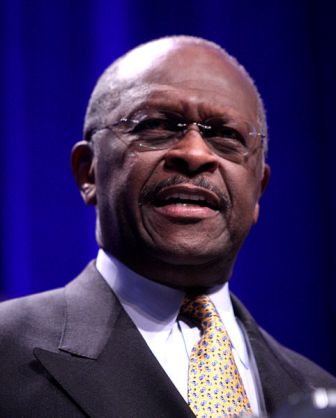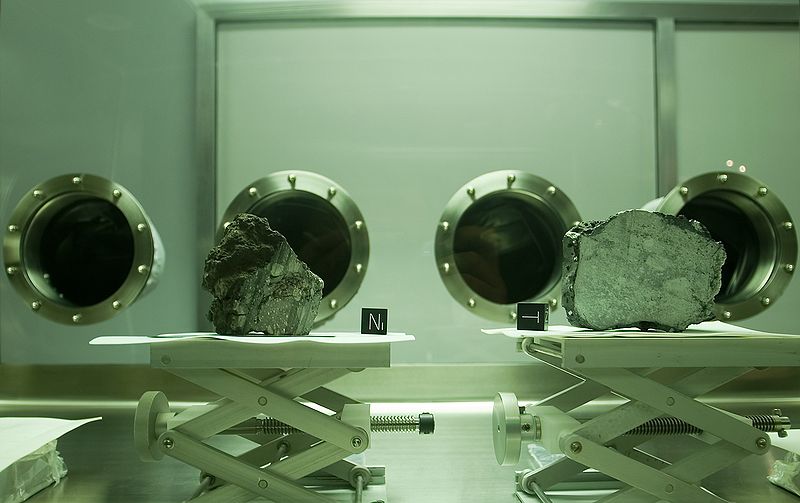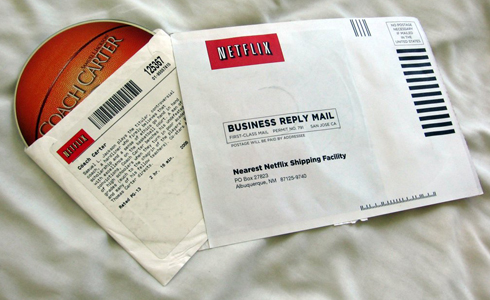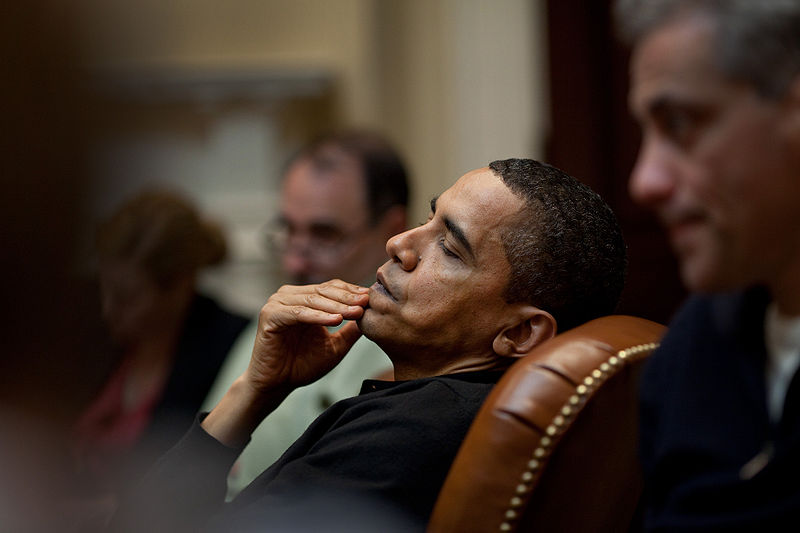- Home
- News
- Opinion
- Entertainment
- Classified
- About Us
 MLK Breakfast
MLK Breakfast- Community
- Foundation
- Obituaries
- Donate
11-03-2024 6:47 pm • PDX and SEA Weather
 Republican presidential candidate Herman Cain said Sunday that communities have a right to ban Islamic mosques.
Republican presidential candidate Herman Cain said Sunday that communities have a right to ban Islamic mosques.
 ANCHORAGE, Alaska (AP) -- The mystery of Alaska's missing moon rocks has been solved. Getting them back to a state museum likely will depend on a judge.
ANCHORAGE, Alaska (AP) -- The mystery of Alaska's missing moon rocks has been solved. Getting them back to a state museum likely will depend on a judge.
 NEW YORK (AP) -- Why is Netflix raising its prices? In part, because the company miscalculated how many people still want to receive DVDs by mail each month, a more expensive service to provide compared with its streamed Internet videos.
NEW YORK (AP) -- Why is Netflix raising its prices? In part, because the company miscalculated how many people still want to receive DVDs by mail each month, a more expensive service to provide compared with its streamed Internet videos.
 CHICAGO (AP) -- A liberal group upset over potential cuts to Medicare, Medicaid and Social Security has delivered pledges to President Barack Obama's Chicago campaign headquarters threatening to pull its support.
CHICAGO (AP) -- A liberal group upset over potential cuts to Medicare, Medicaid and Social Security has delivered pledges to President Barack Obama's Chicago campaign headquarters threatening to pull its support.
S EATTLE (AP) -- Washington state transportation officials on Wednesday announced a new initiative to place electric vehicle charging stations at key intervals along the West Coast's busiest highway - a development that should allow drivers to cruise the 580 miles from the southern border of Oregon all the way to Canada by the end of the year.
EATTLE (AP) -- Washington state transportation officials on Wednesday announced a new initiative to place electric vehicle charging stations at key intervals along the West Coast's busiest highway - a development that should allow drivers to cruise the 580 miles from the southern border of Oregon all the way to Canada by the end of the year.
DALTON, Ga. (AP) -- Badly outnumbered by Union forces and sensing looming defeat in the Civil War, Confederate Maj. Gen. Patrick Cleburne made a shocking proposal about a century and a half ago: the Southern government should free black slaves willing to fight in rebel ranks.
 CHICAGO (AP) -- Should parents of extremely obese children lose custody for not controlling their kids' weight? A provocative commentary in one of the nation's most distinguished medical journals argues yes, and its authors are joining a quiet chorus of advocates who say the government should be allowed to intervene in extreme cases.
CHICAGO (AP) -- Should parents of extremely obese children lose custody for not controlling their kids' weight? A provocative commentary in one of the nation's most distinguished medical journals argues yes, and its authors are joining a quiet chorus of advocates who say the government should be allowed to intervene in extreme cases.
WASHINGTON (AP) -- Federal health regulators have concerns about bladder and breast cancer seen in patients taking an experimental diabetes pill from Bristol-Myers Squibb and AstraZeneca.
 MANCHESTER, Conn. (AP) -- Amy Russell isn't expecting her walk across Connecticut to pose much of challenge. It's child's play compared to the 7,000-mile, two-year trek across Africa she starts in January in an effort to raise money to help provide clean drinking water for people in underdeveloped countries.
MANCHESTER, Conn. (AP) -- Amy Russell isn't expecting her walk across Connecticut to pose much of challenge. It's child's play compared to the 7,000-mile, two-year trek across Africa she starts in January in an effort to raise money to help provide clean drinking water for people in underdeveloped countries.
Growing up black in the segregated 1960s, Deborah Goldring slept two to a bed, got evicted from apartment after apartment, and watched her stepfather climb utility poles to turn their disconnected lights back on. Yet Goldring pulled herself out of poverty and earned a middle-class life — until the Great Recession. First, Goldring's husband fell ill, and they drained savings to pay for nursing homes before he died.